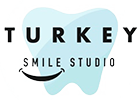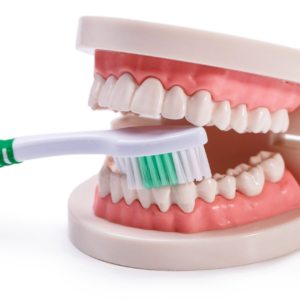Taking care of your oral health is crucial for maintaining a beautiful smile and overall well-being. Good oral hygiene practices, combined with a healthy lifestyle, can help prevent dental issues and promote optimal oral health. Here are some unique and informative tips to keep your mouth healthy:
Brush Properly: Brush your teeth at least twice a day using a soft-bristled toothbrush and fluoride toothpaste. Use gentle, circular motions and pay attention to all tooth surfaces, including the gumline. Don’t forget to brush your tongue to remove bacteria and freshen your breath.
Floss Regularly: Daily flossing is essential for removing plaque and food particles between your teeth and along the gumline. Be gentle but thorough when flossing, ensuring you reach all areas. Consider using floss picks or water flossing if traditional flossing is challenging for you.
Choose the Right Mouthwash: Incorporate an antimicrobial mouthwash into your routine to help kill bacteria and freshen your breath. Look for one with fluoride to provide additional protection against tooth decay.
Maintain a Balanced Diet: Eat a well-balanced diet that includes fruits, vegetables, lean proteins, and whole grains. Limit sugary and acidic foods and beverages as they can contribute to tooth decay. Drinking plenty of water throughout the day also helps wash away food particles and keeps your mouth hydrated.
Limit Alcohol and Tobacco: Avoid excessive alcohol consumption and quit smoking or chewing tobacco. Both alcohol and tobacco can lead to oral health problems, including gum disease, tooth discoloration, and oral cancer.
Protect Your Teeth: If you participate in contact sports or activities with a risk of dental injury, wear a mouthguard to protect your teeth and jaw. Additionally, avoid using your teeth as tools for opening packages or biting on hard objects.
Schedule Regular Dental Check-ups: Visit your dentist for routine check-ups and professional cleanings. Regular dental exams can catch problems early and prevent them from progressing into more serious conditions. Your dentist can also provide personalized advice and treatments tailored to your oral health needs.
Manage Stress: Chronic stress can contribute to oral health issues like teeth grinding (bruxism). Practice stress management techniques such as exercise, meditation, or engaging in hobbies to alleviate stress and protect your oral health.
Be Mindful of Medications: Some medications can affect your oral health. Inform your dentist about any medications you are taking, as they may have side effects such as dry mouth or increased risk of gum disease. Your dentist can provide guidance on managing these effects.
Educate Yourself: Stay informed about oral health by reading reputable sources and staying up-to-date with the latest dental advancements and recommendations. Knowledge empowers you to make informed decisions about your oral health.
Remember, maintaining good oral health is a lifelong commitment. By following these tips and establishing a consistent oral care routine, you can enjoy a healthy smile and promote your overall well-being. Don’t hesitate to consult with your dentist for personalized advice and treatment recommendations based on your specific needs.

